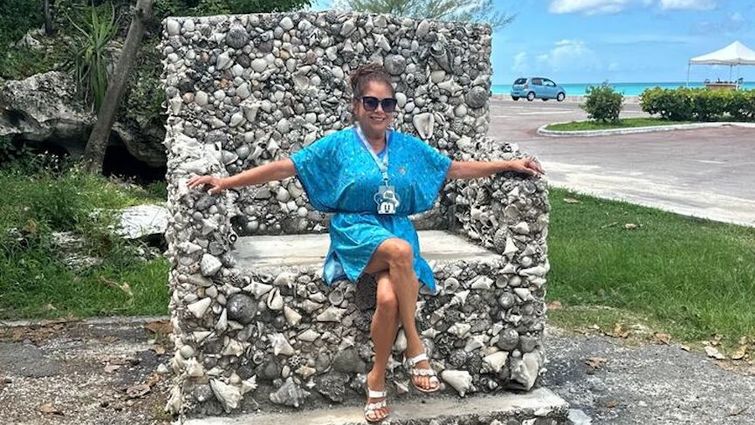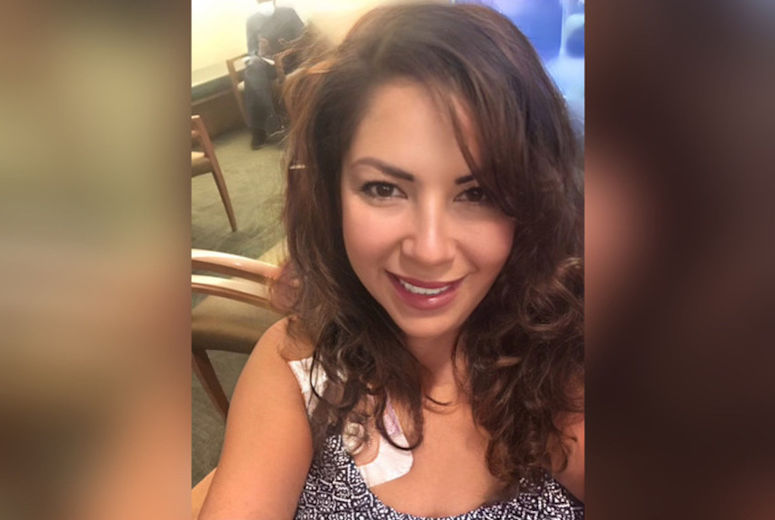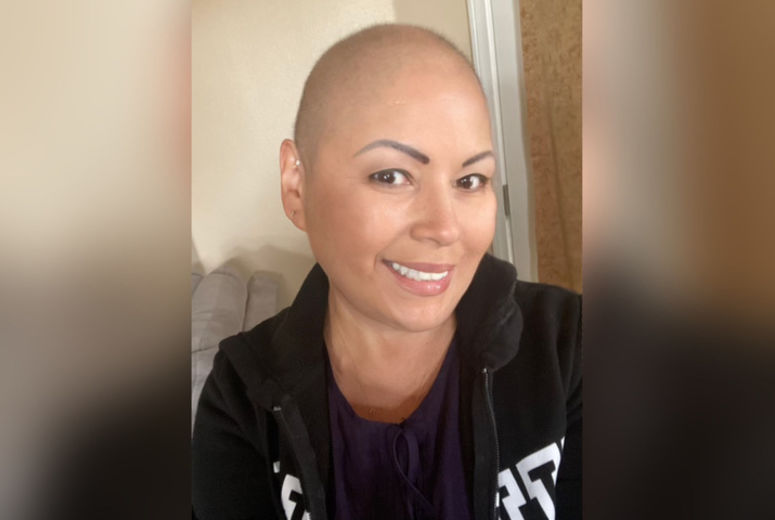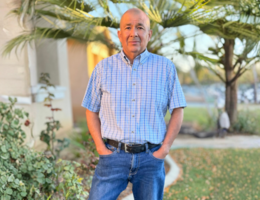

For nearly nine years, Brenda Roper has faced stage IV ovarian cancer with courage and determination. She was diagnosed in 2016 and has endured three surgeries, countless rounds of chemotherapy, and targeted therapies. Yet, through it all, she has continued to travel, celebrate life with her grandchildren, and embrace each moment to the fullest.
Roper vividly recalls the day her journey began. In late 2015, she attended a seminar in Arizona with her husband, trying a new meal. Soon after, she began experiencing persistent bloating and discomfort, to the point where her clothes felt tight.
"I'd never been that bloated before," Roper said. "It felt like something was really wrong."
Her primary care doctor attributed the symptoms to psychological factors, referring her to a psychiatrist. But her condition worsened. Within two months, her abdomen swelled so significantly that she described looking nine months pregnant.
Seeking answers, Roper consulted an OB-GYN on a friend's recommendation. That doctor referred her to Loma Linda University Health, where she met Dr. Yevgeniya Ioffe, a gynecologic oncologist.
"When Dr. Ioffe saw me, she immediately knew something was wrong," Roper said.
At that point, the buildup of fluid in her abdomen had left her unable to eat and malnourished. Doctors drained six liters of fluid, allowing her to breathe and eat again. Two weeks later, Roper underwent surgery. Her condition had deteriorated further; her left lung had collapsed, and fluid buildup was compressing her organs.
The diagnosis was ovarian cancer.
"Brenda had a very extensive surgery initially," said Ioffe. "Her disease was widely metastatic, and the surgery involved removing multiple organs, including her spleen, followed by an extensive hospital stay."
Roper began chemotherapy after surgery, transitioning to maintenance therapy that gave her several years of remission. But like many battling high-grade serous ovarian cancer, her disease returned, first in September 2020 and again in June 2022. Each recurrence brought more surgeries and chemotherapy. Her most recent treatment consists of chemotherapy alone, which has significantly reduced the size of her tumors.
"I trusted Dr. Ioffe completely, and I have a strong faith," Roper said.
"The Cancer That Whispers"
Ovarian cancer is often called the "cancer that whispers" because its symptoms — bloating, changes in bladder or bowel habits, and persistent abdominal discomfort — can be subtle and easily dismissed.
"It's really hard to catch early," Ioffe said. "Patients might hear it's just indigestion or diet-related issues. But when symptoms persist and subtly change, it's important to advocate for imaging or further investigation."
Unlike breast or cervical cancer, there is no practical screening test for ovarian cancer. Annual gynecological exams, genetic testing for high-risk individuals, and paying attention to persistent symptoms remain the best options for early detection.
Brenda carries a BRCA1 mutation, which increases her risk of ovarian and breast cancer. Genetic testing for mutations like BRCA1 can help identify patients at higher risk and inform preventive measures, such as surgery.
"I am grateful to Dr. Ioffe because she recommended that I receive genetic testing. I learned that I am BRACA1. This allowed my children to get tested. My daughter tested positive for BRACA1, and she can do preventive care."
Risk factors for ovarian cancer
Age: Most cases are diagnosed in women over 50, though it can occur in younger women.
Genetics: A family history of ovarian or breast cancer, or mutations in BRCA1 or BRCA2 genes, increases risk.
Reproductive History: Never having been pregnant or starting menstruation early can slightly increase risk.
Roper continues to travel, enjoys cruises, and cherishes time with her husband, family, and grandchildren.
"She's incredibly positive and upbeat," Ioffe said. "Brenda is our poster child for living with ovarian cancer. She's always put together, cheerful, and determined to get as much out of life as possible."
Reflecting on her journey, Roper offers a message of hope. "Just because you're diagnosed with cancer doesn't mean it's a death sentence. You need to have hope, and you need to have faith."
From breast health to gynecologic care, treatment of pelvic pain and female cancers to menopause management, incontinence, and beyond, Loma Linda University Health cares for the whole woman. To learn more about women's health, visit online.




